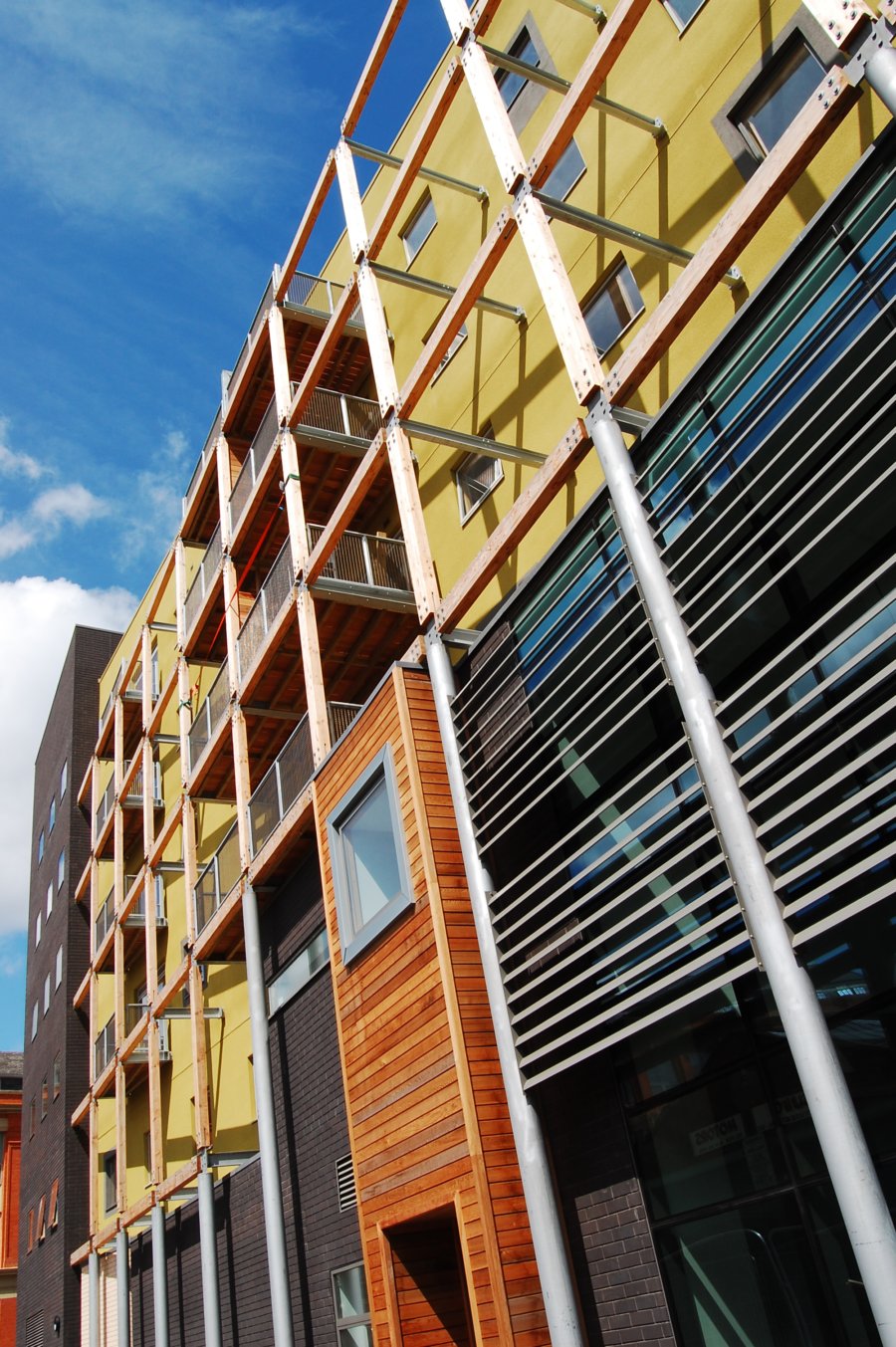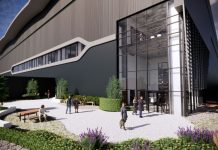Once, the size of your offices said something about the success of your firm. If you had a whole floor that was impressive; a whole building, even more so.
Take a walk around Leicester now and you’ll see a different type of commercial space succeeding. It seems the demand for generous square feet is now balanced out by the lure of smaller workspaces like LCB Depot and Phoenix Square, which are both doing well.
This trend is partly due to the number of start-ups and self-employed businesses in the East Midlands. Leicester has around 30,000 SMEs alone, all of which need a premises and a postal address. A huge office is out of the question – but the flexibility of hotdesking or renting meeting rooms is much more practical.
Vicky Cartwright, Manager of Metz Architects at Phoenix Square, appreciates how smaller, neighbourly workspaces benefit businesses relying on referrals.
“Our workspace is a fantastic creative hub with modern facilities,” Vicky enthuses. “We love its friendly atmosphere, and being surrounded by so many other innovative businesses has a real positive influence on our work.”
Professional firms like accountants and architects can benefit hugely from working closer to other businesses. It helps with networking, generating referrals and collaborative work. It adds to the culture and community feel, and makes a building more diverse with employees who have all sorts of different backgrounds and skills.
This trend of downsizing is partly due to the improvements in technology too. We’re no longer restricted by the need for huge filing cabinets, as important documents can be stored digitally. Meetings don’t always have to be done in person as Skype and conference calling have made their way into our daily lives.
The argument is the era of chaining staff to a desk is over. Creativity and enthusiasm is nurtured by a stimulating environment, employers are recognising this when they decide which leases to renew. It’s also true that workspaces and smaller units are more flexible, with shorter leases and more bespoke terms of agreement.
There’s a saying that claims “all work and no play makes Jack a dull boy”. It is certainly reflected in the current trend to want more from your place of work. Whether it’s a built-in gym, café, recreation facilities or simply space to sit and chat – a businesses are recognising the benefits of rewarding staff. Just look at Google’s new London office, due to open in 2016, which will have an open-air swimming pool, indoor football pitch and even a climbing wall.
Of course this alternative choice isn’t always suitable for the firms with huge workforces, but then more and more organisations are embracing flexible working hours, with more staff working from home. For a city like Leicester with an abundance of SMEs, it can be a great starting point.
Alec Hamlin, Development Manager at specialist regeneration company Blueprint




















